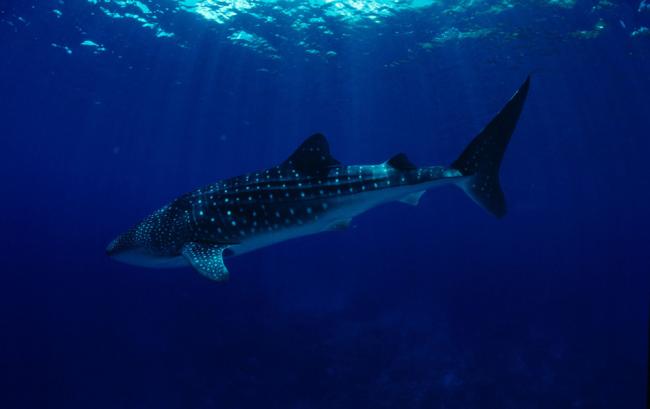
1. They're not whales, but the world's largest fish
These huge creatures can grow up to 12 metres long. But despite their size, whale sharks are often referred to as "gentle giants".
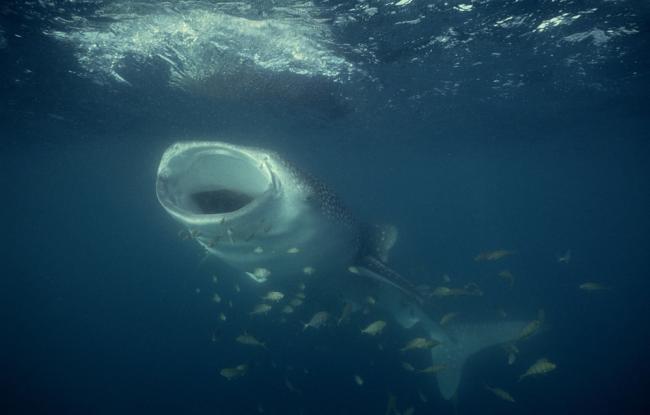
2. Eating is laborious work
Whale sharks are filter feeders and can neither bite nor chew. They can process more than 6,000 litres of water an hour through their gills. Although its mouth can stretch to four feet wide, a whale shark’s teeth are so tiny that they can only eat small shrimp, fish and plankton by using their gill rakers as a suction filter.
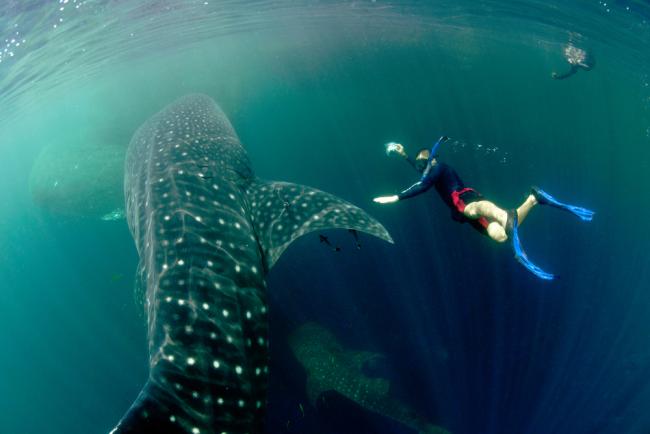
3. They can be very old
It's thought that less than 10% of whale sharks born survive to adulthood, but those that do may live to 150.
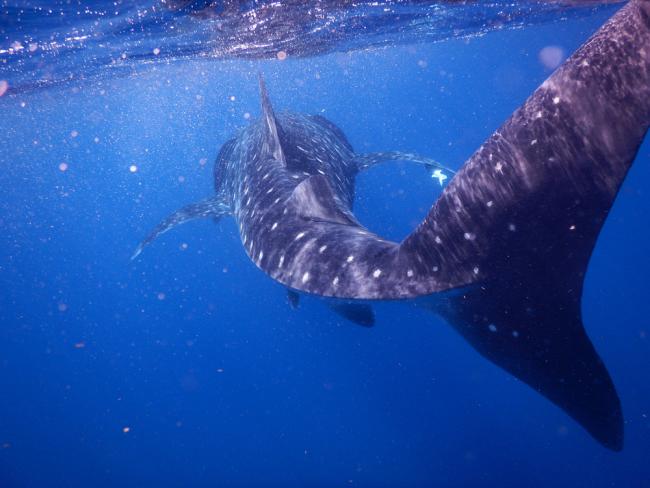
4. They’re slow swimmers and migrate a long way
With the exception of the Mediterranean Sea, whale sharks can be found in all temperate and tropical oceans around the world and migrate thousands of miles to different feeding grounds.
But moving is slow going, as they move at speeds of little more than 3 miles per hour.
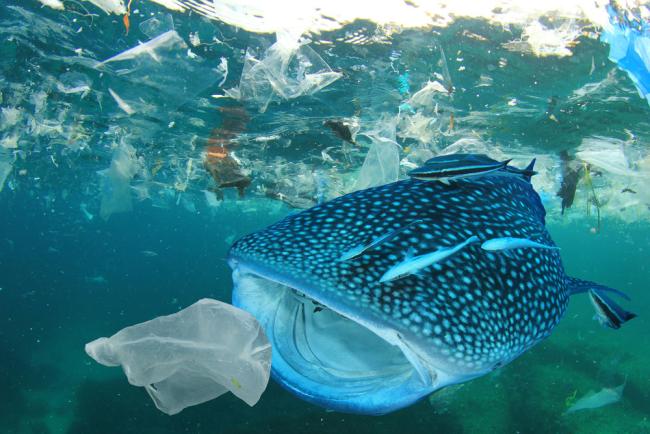
5. Along with other sharks, they’re under threat
Many sharks are accidentally caught in fishing gear, as well as caught deliberately for their fins, which are a delicacy in Asia.
Their ocean home is also in danger. From climate change warming the water - affecting both habitats, prey and shark population shifts - to plastic pollution, which could cause entanglement or be ingested, especially by filter feeders.

ConversionConversion EmoticonEmoticon